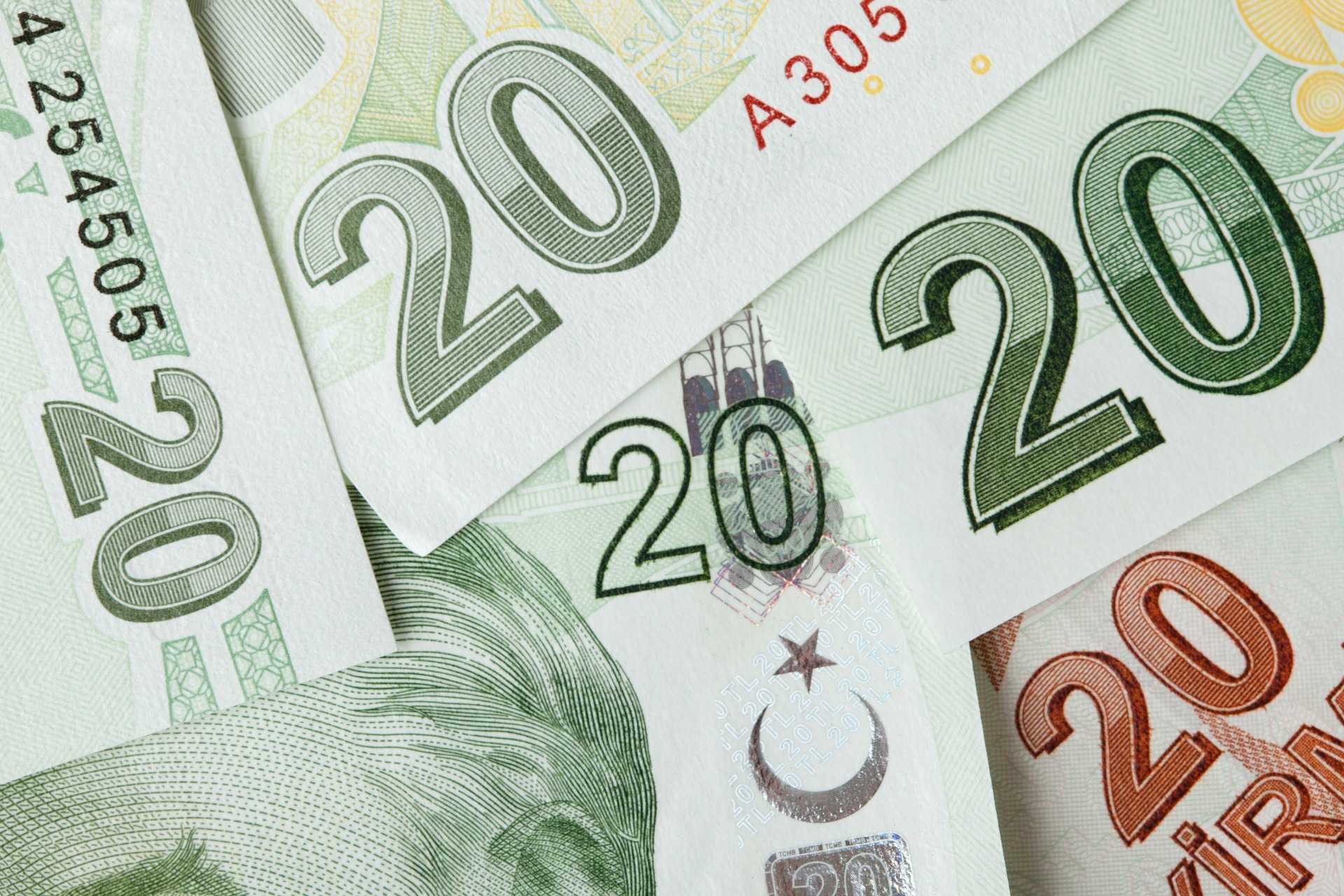USD/TRY has been a top-performing currency in 2021 in emerging markets, as it gained 5% in 2021, but dropped 0.95% from 7.14 to 7.0488 levels on 5th Feb 2021.

The lira started to move lower from November 2020. It touched a record high of 8.5876 in November 2020 and started a gradual move downwards towards 7.0488 on Friday, 5th February 2021.
The economy is shifting towards improving its lira assets, and it will improve the value of the USD/TRY, says Governor Agbal.
USD/TRY Lower as Agbal says “Interest Rate Cuts Not on Agenda”
In an interview, Naci Agbal, the governor of Turkey, announced that interest rate cuts were not on the agenda for a long- time. The announcement moved the lira towards 7.09 from its life high at 7.50 levels in November 2020. Despite political pressure, the central bank has not cut interest rates. Interest rates are at 17%, which is the tightest monetary policy in any emerging economy.
Government bonds have extended rises. Foreign inflows have come into the country since November, which has strengthened the currency. The central bank intends to implement a strong monetary tightening that is transparent too.
The Turkish lira has appreciated with the Central Bank tightening its monetary policy. Governor Aghbal has said that current policies will continue till there is a permanent fall in inflation. In spite of President Erdogan’s call to lower rates, interest rates remain unchanged.
Central banks across the globe have slashed borrowing costs, but Turkey has hiked interest rates by 675 basis points within a short period of three months. Experts predict that the central bank will take another three years before inflation hits 5%.
Economic Recovery in Turkey after Coronavirus Pandemic
Turkey has been on a rollercoaster ride after the pandemic, and restrictions from the lockdown have arrested business activities in the country. The economy with $760 billion saw a growth of 1% since 2018. Price stability is the main issue that the country faces, and the country is moving towards price control after the pandemic, says Agbal.
Emerging countries like Turkey and China are seeing lower coronavirus cases. Further, the vaccine program is another reason for the stronger economic conditions. In particular, data from China has shown continuing strength.
In Russia, the ruble has weakened with political unrest in the country and the pandemic causing severe strain on the economy.
Manufacturing Sector Pulls up USD/TRY
Manufacturing data in Turkey has been good in January. Business conditions show robust improvement since July 2020. The Purchasing Manager’s Index (PMI) has gone up to 54.4 in January according to the Istanbul Chamber of Industry (ISO) and IHS Markit data firm states that Turkey has moved to above 50 marks, showing signs of expansion.
New orders, output, and exports have grown after the second coronavirus outbreak. Input costs have gone up as a shortage of raw materials increased, leading to severe disruptions to supply chains. Production has grown highest in base metal manufacturing. New orders have come in the land and marine vehicle sector, showing signs of recovery with higher exports.
President Erdogan Calls for Investments in Specialised Free Zones
President Recep Tayyip Erdogan said on 6th February, “Turkey will become one of the biggest economies, as the country turns towards bigger investments and bigger projects”. Artificial Intelligence, hi-tech, and space technology are given priority to improve the economy said, Erdogan.
Trade Minister Ruhsar Pekcan has called on investors to concentrate on technology-focused investment in Specialized Free Zone Projects. A young and qualified population is one of Turkey’s strengths, says Pekcan, and it will help Turkey move forward.
The Coordination Council for the Improvement of the Investment Environment provides the best investment environment to attract Foreign Direct Investment (FDI), says Pekcan. Experts say that the Turkish economy will rebound by 6.0% by the end of the year.
Turkey’s Inflation Rate at 14.97%
The annual inflation rate has risen to 14.97%, much higher than expected. In particular, food prices rose again by 2.5% this month and more than 18% from the previous year. A Product Tracking System has been adopted by the Ministry of Commerce to identify those charging exorbitant prices. The QR label can be scanned to identify the people involved, from producer to consumer.
US Dollar above 91.00 Levels
Governor Agbal says that the CBRT will not sell US dollars to support the Turkish lira, and he has planned to overhaul FX policy.
The US dollar rallied almost 1% against the Lira on Friday, its strongest rally since August.
The US dollar has strengthened in the near term as experts predict a monetary policy tightening with rising inflation. The $1.9 trillion stimulus plan is expected from the Biden administration. The dollar has strengthened above the 91.00 levels in the first week of February 2021, moving the USD/TRY towards the 7.04 level.